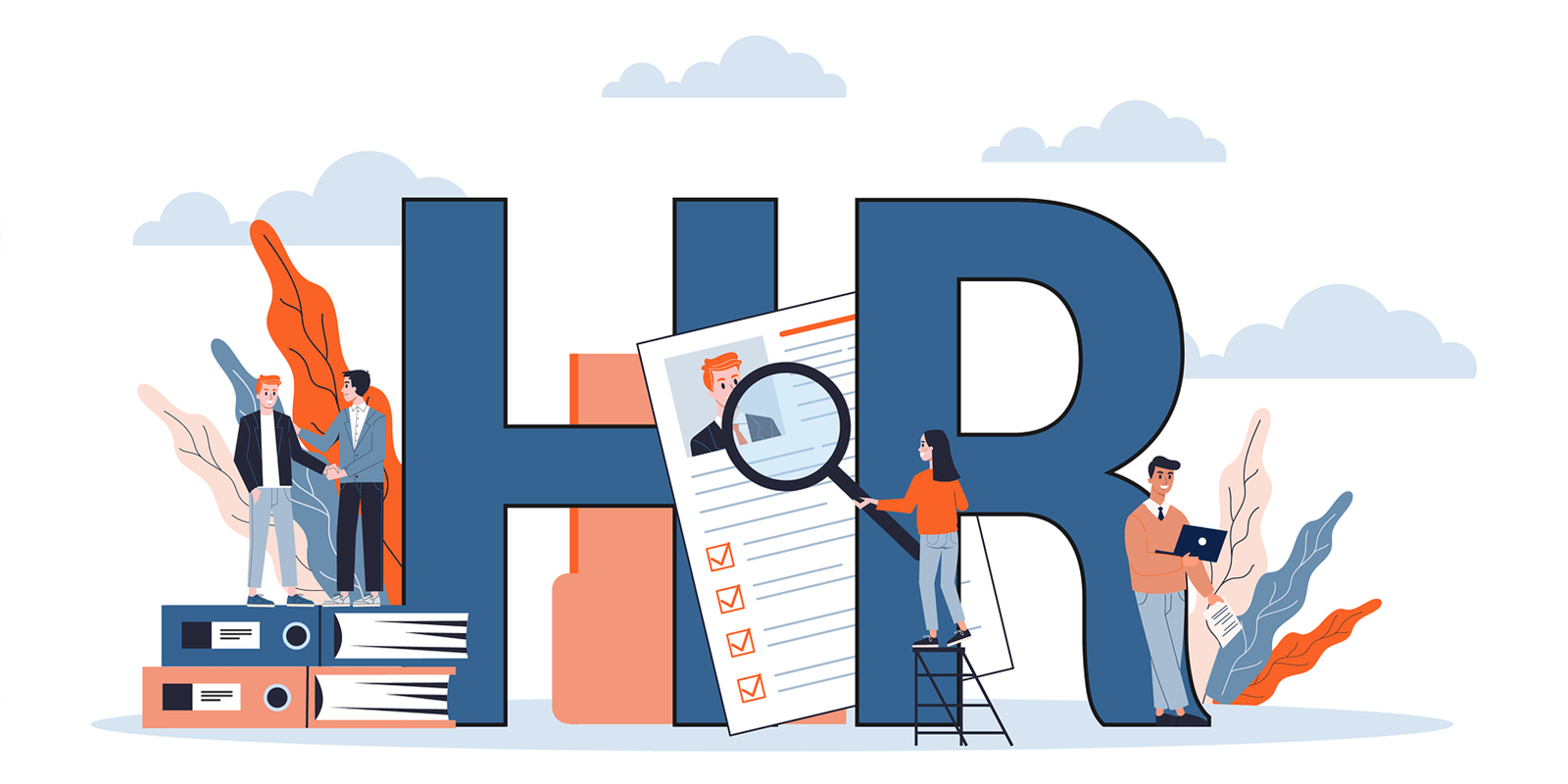HR in the Making: A Brief History and Modern Practices

The definition of Human Resources (HR)
The HR department takes on the responsibility of caring for the organisation’s most valued asset: its employees. HR professionals ensure that employees have all the necessary resources to carry out their daily duties, and they are also accountable for cultivating a supportive work environment that draws in and retains talented individuals.
A Brief History of HR: Evolution and Practices
The foundation of the human resources field emerged in 19th-century Europe, influenced by the ideas of Robert Owen (1771–1858) and Charles Babbage (1791-1871) during the industrial revolution. They both recognized the pivotal role of individuals in an organisation’s prosperity. Their core belief was that employees’ welfare directly impacted the quality of work; an organisation could not thrive without a healthy workforce. Over the years, HR underwent a transformative journey, influenced by changes in labour laws, the rise of labour unions, and evolving management philosophies. It gradually shifted from a transactional function to a strategic one, emphasizing the importance of talent development and employee engagement.
The Modern HR Landscape:
In today’s workplaces, the HR department plays a key role in making a company successful. They have many different responsibilities, such as:
Talent Acquisition and Retention: HR professionals use their expertise to attract top talent and retain valuable employees, helping the company maintain a competitive edge.
Employee Development: Through training and development programs, HR ensures that employees have the necessary skills to excel in their roles, resulting in enhanced productivity and job satisfaction.
Performance Management: HR ensures that employee performance is assessed fairly and openly using evaluation systems. They also connect individual goals with the company’s objectives, which motivates employees to give their best effort at work.
Employee Relations and Well-being: A positive work culture is fostered by HR, which promotes harmonious employee relations and addresses workplace issues promptly. They also prioritize employee well-being to maintain a healthy and productive workforce.
Organisational Development: By understanding the aspirations and needs of employees, HR facilitates organisational development, promoting collaboration and synergy within the workplace.

HR in Times of Change:
In the modern business world, HR encounters fresh challenges and chances. Technology has revolutionized recruitment, and remote work requires creative employee engagement approaches. HR must adjust to these shifts to keep the workforce vibrant and motivated.
The evolution of HR from its beginning to its current state as a strategic partner has been remarkable. Today, HR professionals are vital in attracting, developing, and retaining talented employees, making them essential for successful businesses. With their focus on employee well-being, legal compliance, and organizational development, HR acts as the backbone of companies. Embracing change and technology, HR continues to evolve and significantly contribute to the growth and prosperity of organizations worldwide.
